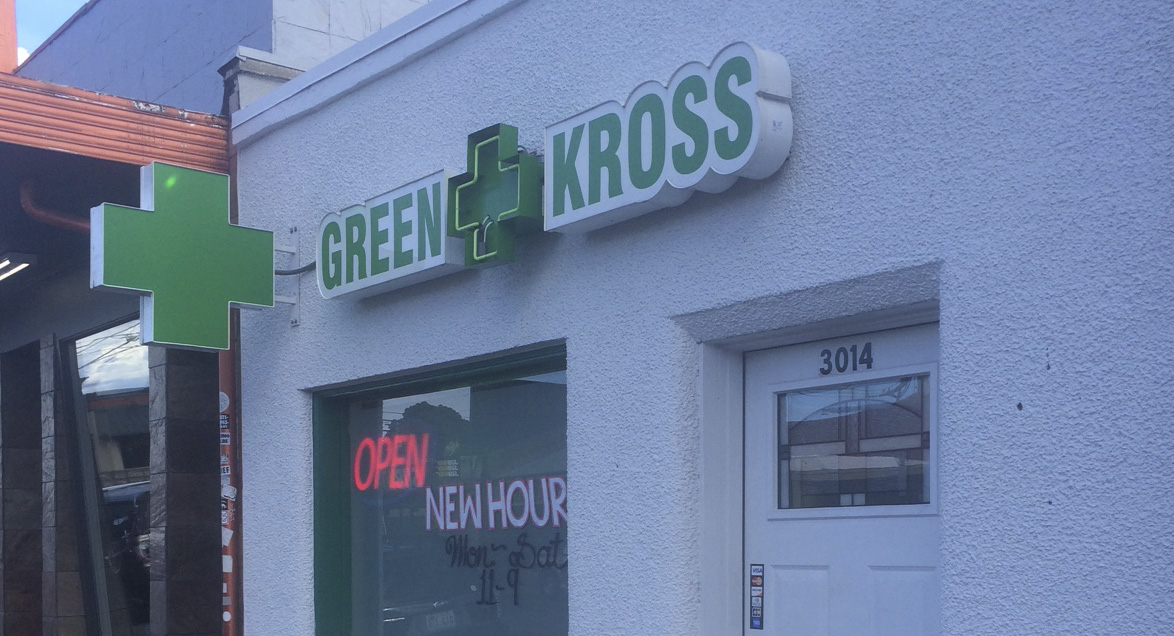Tacoma leaders say enforcement of state marijuana licensing requirements will be strict after July 1
As the deadline approaches for Washington State’s medical marijuana trade to get licensed or close shop, state agencies have been busy sorting out the rules and roles they will take after the upcoming alignment of medical and recreational marijuana systems.
The Cannabis Patient Protection Act, signed into law by Governor Jay Inslee last year, mandates that all marijuana producers, processors and retail stores fall under the regulatory eye of the Washington State Liquor and Cannabis Board. Effective July 1, collective gardens and most medical marijuana dispensaries will not be permitted to operate unless the business is licensed by the WSLCB.
Voters declared medical marijuana legal in the state in 1998, however, the unregulated nature of the dispensaries collided with the strictly controlled conditions set forth by voters in 2012, when they passed an initiative legalizing use and sale of recreational pot.
City managers insist that after July 1, all illegal operations will be shut down. According to the City of Tacoma, there were nearly 70 known, unlicensed marijuana operations in the city at the end of last summer.
The WSLCB has issued the maximum number of retail licenses, 16, allowed in Tacoma by state law. According to the WSLCB, 113 applications for retail licenses were filed with the agency.
Representatives from the state Department of Health, WSLCB, Departments of Revenue, Agriculture, Financial Institutions as well as the state Attorney General’s Office, state Treasurer, and Washington State Patrol have met regularly to communicate and prepare. In addition, representatives of the Washington State Association of Sheriffs and Police Chiefs, the Association of Washington Cities, and the Washington State Association of Prosecutors recently joined the conversations about coordinating plans post-alignment.
“The department’s first priority is ensuring patients have access to accurately labeled and tested products in the new regulated system,” said Department of Health Policy Counsel Kristi Weeks.
To help implement the new regulated system, the legislature directed the Department of Health to complete several tasks prior to July 1, including distributing a standard form that healthcare practitioners must use when authorizing the medical use of marijuana; adopting rules to set higher quality assurance standards for products that may be beneficial to patients; establishing a process to certify medical marijuana consultants and approve training programs; and create a voluntary medical marijuana authorization database.
After July 1, qualified medical patients may access marijuana in three ways: grow a limited number of plants at home, join a four-member cooperative to share in the growing and cultivating of their allowed number of marijuana plants, or purchase products from a state-licensed retail store.
Following multiple public hearings around the state, the WSLCB adopted rules and began licensing the highest-priority retail applicants for an available 222 new retail stores. There are 378 licensed retail stores of a maximum 556 statewide. Of the licensed retail stores, approximately 82 percent hold a medical endorsement which allows for the sale of products deemed medical-grade if they pass a certification course established by the Department of Health.
In addition to regulations made by state agencies, additional steps are underway to facilitate the transition.
The Department of Revenue has sent a special notice to collective gardens about their expiring tax exemption and the medical marijuana transition.
Law enforcement and county prosecutors differ in their approach to the transition. In Thurston County, Sheriff John Snaza is teaming with a county prosecutor to personally visit each dispensary in the county to inform them of the expectation that they close by July 1, if they do not have a state license.
Even though local law enforcement is the primary enforcement entity for unlicensed businesses, on July 1 and after, the WSLCB will lend its assistance to local law enforcement at unlicensed dispensaries and collaborate with law enforcement by confiscating product if necessary. In addition, WSLCB enforcement officers will be visiting and inspecting registered co-ops.
If a currently operating cooperative fails to register, those connected with the operation could face prosecution for a class C felony, with penalties including arrest, destruction of marijuana, and seizure and forfeiture of property.
A patient with a health care provider’s authorization may grow up to six plants for personal use and may possess up to eight ounces of usable marijuana without registering as a cooperative. A health care provider may authorize greater amounts (15 plants and 16 ounces) if they determine the patient needs more.
Pierce County ban
The Pierce County Council last week passed a proposal (4-3) which requests the planning commission conduct a public hearing to consider amendments that would prohibit the production, processing, and retail sales of marijuana in unincorporated Pierce County.
Council member Derek Young voted no.
“My district, along with every other, voted overwhelmingly to legalize and regulate cannabis when they voted on Initiative 502,” said Young. “I introduced Ordinance 2015-27s to repeal the de facto ban put in place by the Council and follow my constituents’ wishes.”
“While state law requires the Council to refer zoning bills to the Planning Commission, this is simply a different approach to imposing another ban. By voting “no” today I am fulfilling my commitment to the people of Pierce County.”








